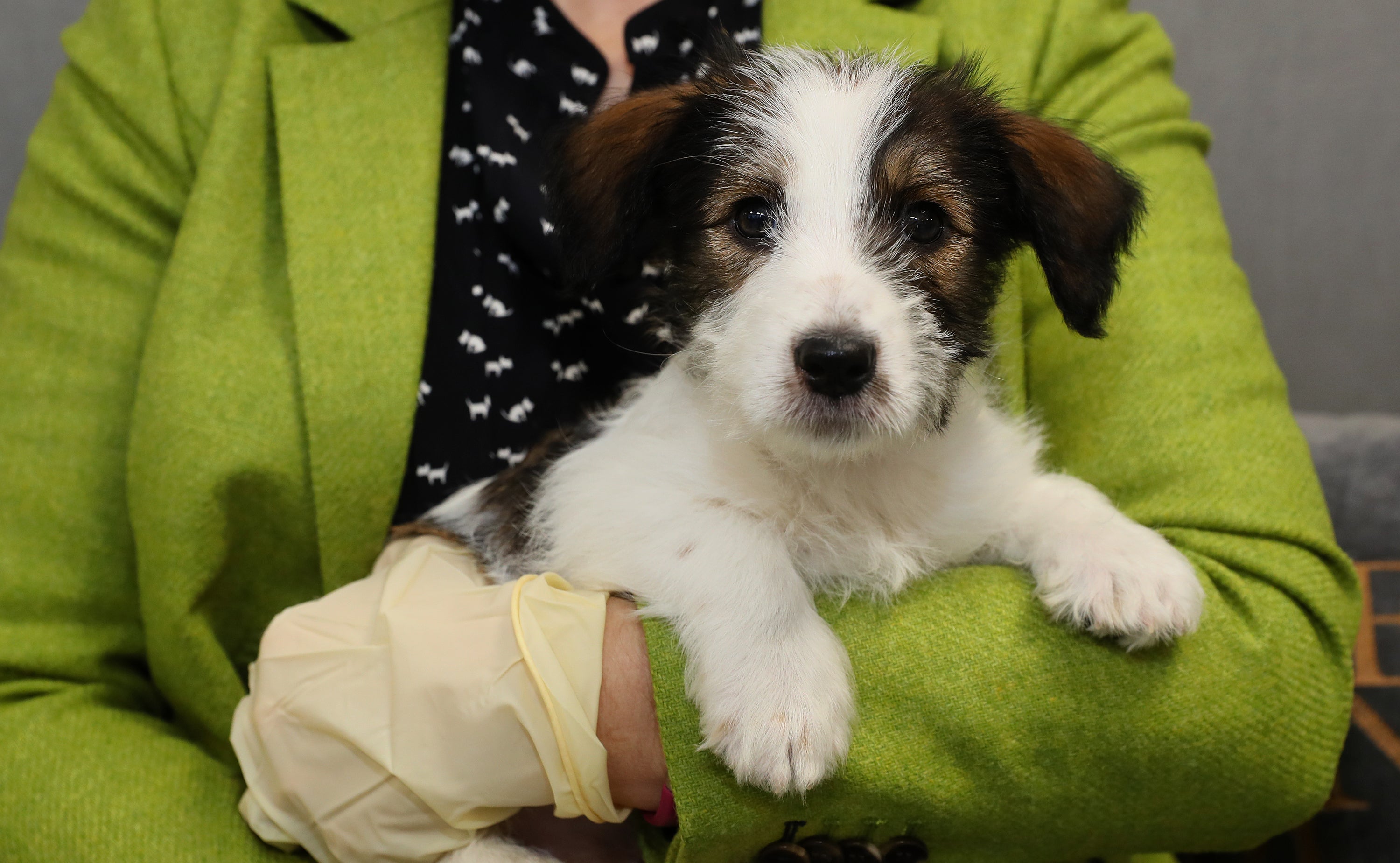Dog thefts are at a record high – what you can do to keep your pooch safe
From microchips to secrue gardens, here’s what you need to do to keeo your pets safe

Dog thefts have been on the rise across the UK, according to latest police figures.
A total of 2,290 dogs were stolen last year, which is a 6% increase from 2022.
And since insurer Direct Line started tracking this data in 2015, only 16% of dogs were found and returned – the lowest it has been.
The data also found that English Bulldogs, French Bulldogs and XL Bullies were the most popular breeds to be stolen.
Ira Moss, the general manager at All Dogs Matter said: “We are seeing an increase in French Bulldogs because they are very expensive to buy and need a lot of vet care.”

The Metropolitan Police also registered that there have been 359 dogs reported missing across London, followed by Kent Police (138) and West Yorkshire Police (125).
It’s devastating when a dog is stolen from pet owners, so how can you prevent it from happening to you?
Don’t leave your dog outside shops
For Moss, more dog owners need to think about where they are.
“If I was going into a corner shop and I knew that I’d be in and out for a few seconds, that’s totally fine. But leaving my dog outside of a superstore – where you may spend half an hour doing your shopping – is not ideal, people could think the dog has been abandoned and take it with them. You wouldn’t leave a baby outside a store, would you? Things have changed,” she said.
Sherine Wheeler, the CEO at Mayhew added: “It doesn’t matter if there is a CCTV, most thieves aren’t afraid of them if they are highly motivated.
“Dogs have similar sentiment qualities as humans. So if a dog is waiting for its owner to return, it would be keenly waiting. If they are trained well socially, they would respond in a friendly manner to a stranger who may be trying to steal them. They shouldn’t be left vulnerable to strangers. Steward them well.”
Make sure your garden is secure
“If you have a garden, make sure they are fenced up and the back entrance is secure, especially if they are small they will get out through holes and are more prone to being stolen,” said Moss.

Kris Glover, the head of clinical behaviour services at Dogs Trust said: “Also, don’t assume that your garden is a safe place for dogs unsupervised and never leave dogs in cars. I know dogs are used to being settled in cars. But it’s very obvious and if someone decides to steal it they have easy access.”
Keep your dog in sight on walks
When taking your dog for a walk, it’s easy to relax and forget to keep an eye on them.
“It’s easier to steal dogs in parks and vast spaces than breaking into someone’s house. Your dog needs to be kept inside as it’s easy to clip a lead and take the dog away, and people will make less of a fuss about that. Make sure you also have a good recall with your dogs, especially when a stranger comes up to it,” said Glover.
Make sure your dog is microchipped
The details on your dog’s microchip must be up to date. A lot of people buy dogs and forget to update the chip details and still have the previous owner’s details on there.
“If you get your dog online, make sure to do it. But it’s important to note that they can move as it’s put near the shoulder blades,” said Glover.
Wheeler added: “But it’s painless for the animal and takes less than 10 minutes to do. So simple, and straightforward. It’s not a complicated process at all.
“This is generally accepted good practice and doesn’t harm the dog but enables all different agencies and figures to reunite it with its rightful owners. If you’ve had your dog for seven or six years, it’s never too late to microchip them.”
Join our commenting forum
Join thought-provoking conversations, follow other Independent readers and see their replies
Comments
Bookmark popover
Removed from bookmarks